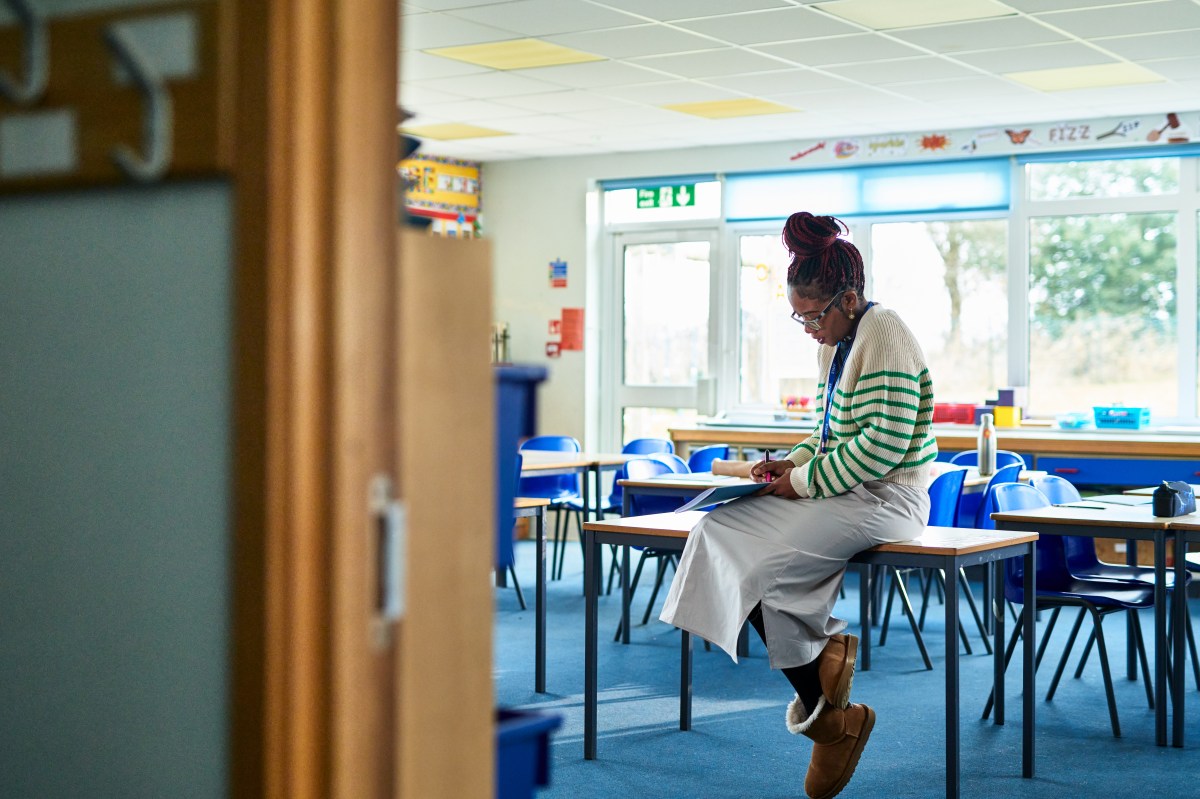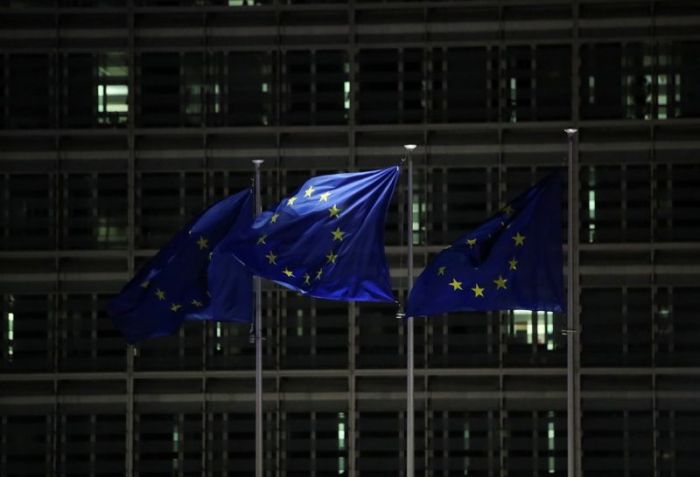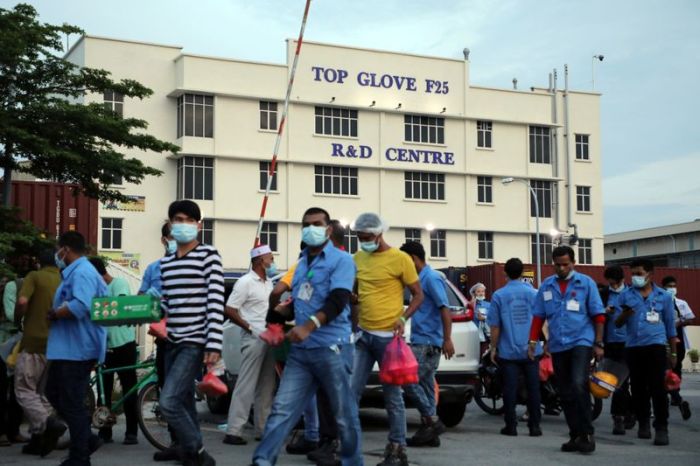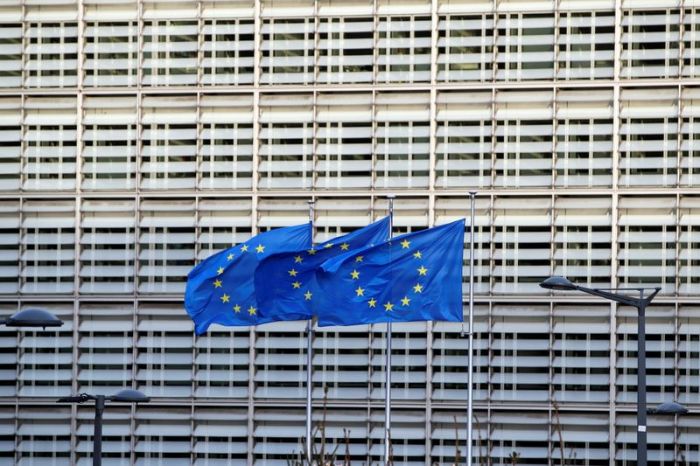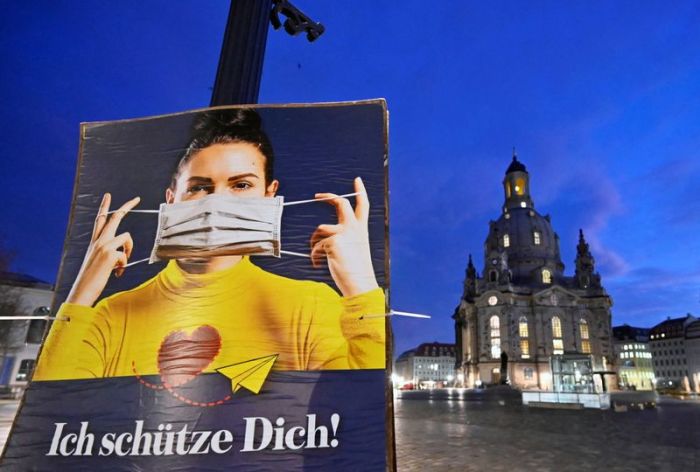By Reuters Staff
MOSCOW (Reuters) – Russian developers published fresh trial results for their Sputnik V coronavirus vaccine on Monday based on new data, and said the shot had again been found to be 91.4% effective in providing protection from COVID-19.
More than 200,000 people have already been vaccinated against the disease as part of Russia’s mass inoculation programme, which began in September alongside a Moscow-based human trial of the shot.
The new results are based on data from 22,714 participants in the trial, and were released after 78 confirmed coronavirus cases were reported among the group, researchers at the Gamaleya Institute said in a statement on Monday with the Russian Direct Investment Fund (RDIF), which is marketing the shot abroad.
Of the 78 cases, 62 occurred among participants who received a placebo, the researchers said, while in the trial overall the ratio of those who received the placebo to those vaccinated was 1 to 3.
Twenty of the infected participants who received a placebo suffered severe symptoms of COVID-19, the statement said. There were no severe cases among the 16 vaccinated trial participants, the statement said.
Analysis of the new data found Sputnik V, named after the Soviet satellite that triggered the space race, to have a 91.4% efficacy rate, the statement said.
The results, described as a “final control point” in the trial, were identical to interim results published on Nov. 24, based on 39 cases among trial participants, that also found the shot to be 91.4% effective.
“I believe we will be able to vaccinate most of the population in Russia in 2021,” Gamaleya Institute director Alexander Gintsburg was quoted as saying.
Over 200,000 people have already been vaccinated, RDIF head Kirill Dmitriev said. Around 320,000 doses have been distributed so far for the mass inoculation programme, Gintsburg added.
With cases rising, Russian regulators are debating whether to suspend the uptake of new participants in the trial on ethical grounds, or to change its format in some way, Dmitriev said.
Many countries and regulators face the issue of whether it is ethical to continue administering a placebo to people in a trial when mass inoculation is underway.
The data will be published by the Gamaleya Institute in an international peer-reviewed medical journal, the statement said.
“We will definitely share the results achieved with the scientific community and will be happy to discuss them with all interested colleagues,” Gamaleya Institute’s Denis Logunov said.
The results will also be used to submit the shot for emergency use authorisation in other countries. Trials of Sputnik V are ongoing in Belarus, the United Arab Emirates, Venezuela and India.
















